Overview
The Learning Engineering Virtual Institute seeks to spur deep collaboration across institutes and disciplines to drastically improve math outcomes in middle school grades. Specifically, LEVI will grant significant sums over the next five years to develop, scale and implement interventions that will double the rate of math progress in middle school, especially for low-income students.
Student proficiency in math and literacy has declined in the past decade, with outcomes in middle school math exceptionally low in the United States. Math performance, especially among historically marginalized populations, is particularly poor. Nationally, only 26% of all eighth-grade students were proficient on the NAEP math assessment in 2022. But in Cleveland, only 2% of African American 8th graders scored proficient. Yet, math proficiency is critical to economic mobility and earning a living wage. Indeed, passing 6th grade math is one of the top predictors of high school graduation.
The Covid-19 pandemic has worsened learning outcomes. Between 2019 and 2022, the NAEP math assessment scores declined across all race & ethnic groups and math score percentile levels among 8th graders in 51 states/jurisdictions.
LEVI has selected seven teams to develop interventions to tackle this ambitious goal. The ideas range from an AI-powered chatbot that provides personalized math tutoring to generative video technology that digitally replicates the experience of having a personal tutoring session. The rise of ChatGPT and other large language models underscores the potential of AI to dramatically change teaching and learning. The LEVI teams are at the forefront of this change.
The LEVI teams include approaches as diverse as:
- Developing a hybrid human-AI app that gives tutors the ‘superhuman’ power to provide students with a precise dosage of tutoring at their specific learning level;
- Customizing avatars using generative AI to increase student motivation and engagement;
- Training an award-winning chatbot that delivers math tutoring with personalized feedback and prompting student reflection.
Each team has developed a five-year plan to achieve the goal, which includes deep collaboration across institutions and disciplines, and a strong ethos of actual building and experimentation.
Staff
Kumar Garg
Founder, LEVI & President, Renaissance Philanthropy
Working both for President Obama and then Eric Schmidt, Kumar has been active in building out the field of learning engineering, which sits at the intersection of learning science and computer science. He previously shaped science and technology policy for the Obama Administration for nearly eight years, serving in a variety of roles in the White House Office of Science and Technology Policy (OSTP). Examples include (1) the Educate to Innovate campaign, with more than $1 billion in in-kind and philanthropic investment; (2) development of major State of the Union initiatives to train 100,000 excellent STEM teachers and bring computer science to all K–12 students; and (3) creation of iconic events such as the White House Science Fair. Prior to his time in government, Kumar worked on behalf of parents and children seeking educational reform as an education lawyer and advocate. Kumar received a BA from Dartmouth College and a law degree from Yale Law School.
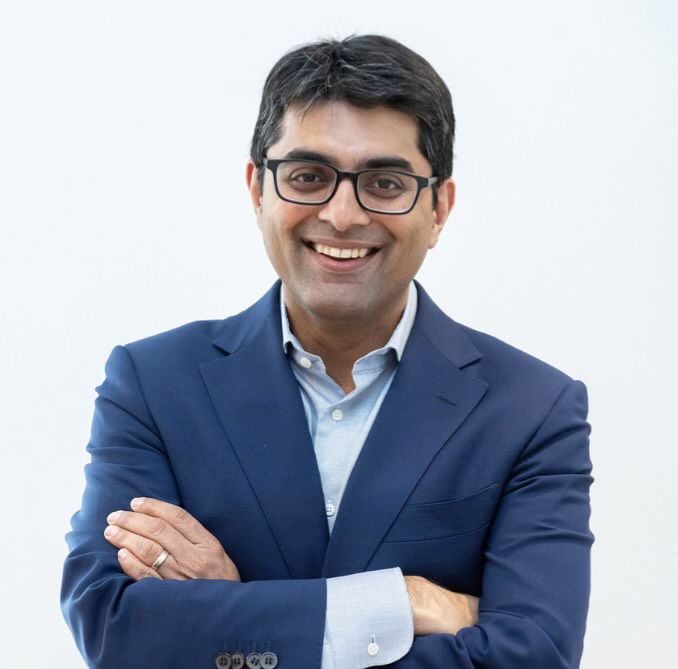
Daniel Jarratt
Chief Technical & Innovation Officer, LEVI
Dan builds, directs, and funds large-scale social science R&D technologies and programs. He is the Chief Technical and Innovation Officer for the Learning Engineering Virtual Institute (LEVI), advisor to national education research and data consortia, and judge for the Learning Engineering Tools Competition. Dan previously founded and led the academic-industry partnership capacity at Infinite Campus, the education data management system for 10 million U.S. K-12 students, and led much of the development of the company’s machine-learned school dropout early warning system. He was a Fellow at Schmidt Futures and featured at the White House Education Datapalooza. Dan earned his M.S. in computer science from the University of Minnesota and his B.A. from Valparaiso University.
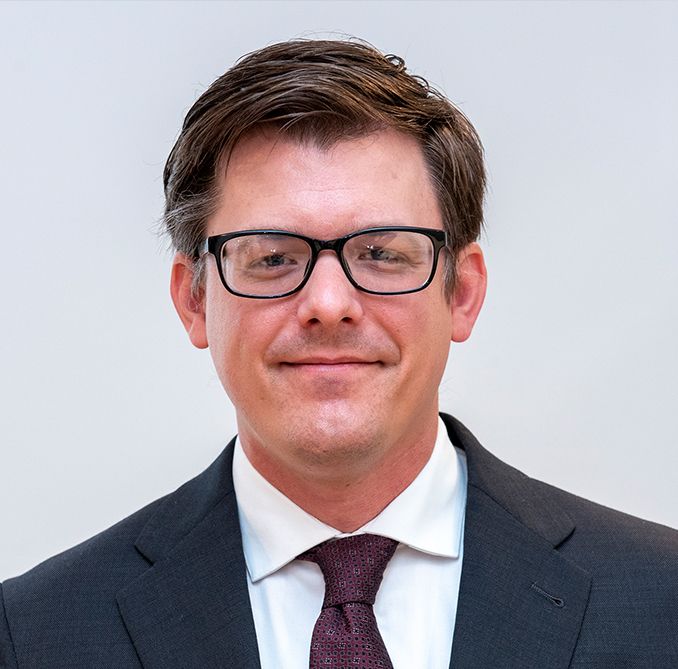
Truman Liu
Program Director, LEVI
As Program Director for the Learning Engineering Virtual Institute (LEVI), Truman leads program implementation, including shepherding tens of millions of dollars in grant funding, tracking grantee impact, managing stakeholders (grantees, funders, partners), and building the community. Prior to LEVI, he managed education technology programs across school districts, including for 500,000+ K – 12 students at Los Angeles Unified districtwide. He gained social impact experience by working in nonprofit and philanthropic spaces across the US, Africa, and Latin America. Previously, Truman advised Fortune 500 companies as a strategic consultant; he managed complex operations for a $50B+ merger across 10,000+ employees, stood up a Fortune 100 center of excellence to standardize processes, and implemented a $25M cost reduction strategy across three continents. Truman received his MBA / MA Education from Stanford University and his BA from Georgetown University.
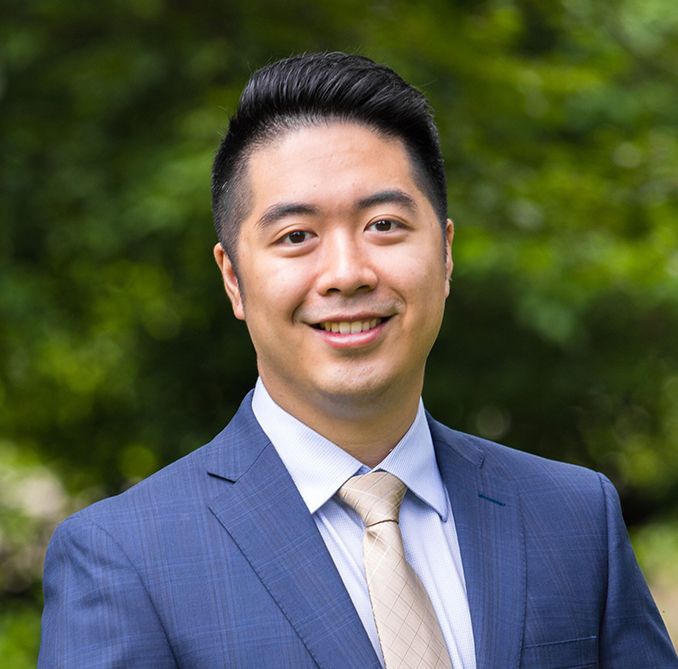
Ralph Abboud
Program Scientist, LEVI
Ralph is a Program Scientist at the Learning Engineering Virtual Institute (LEVI), working on applying large language models (LLMs) and general AI and machine learning approaches (e.g., graph neural networks, embedding models, etc.) to support LEVI grantees in their efforts to improve middle school math education. Beyond LEVI, Ralph also acts as a technical advisor on several Learning Engineering initiatives, most prominently the design and execution of technical competitions in education. Ralph holds a D.Phil in Computer Science from the University of Oxford, specializing in graph representation learning (GRL). Before his D.Phil, Ralph completed an M.Sc in Computer Science at the University of Oxford, studying neural approaches for program synthesis, and a B.E. in Computer Engineering from the Lebanese American University.
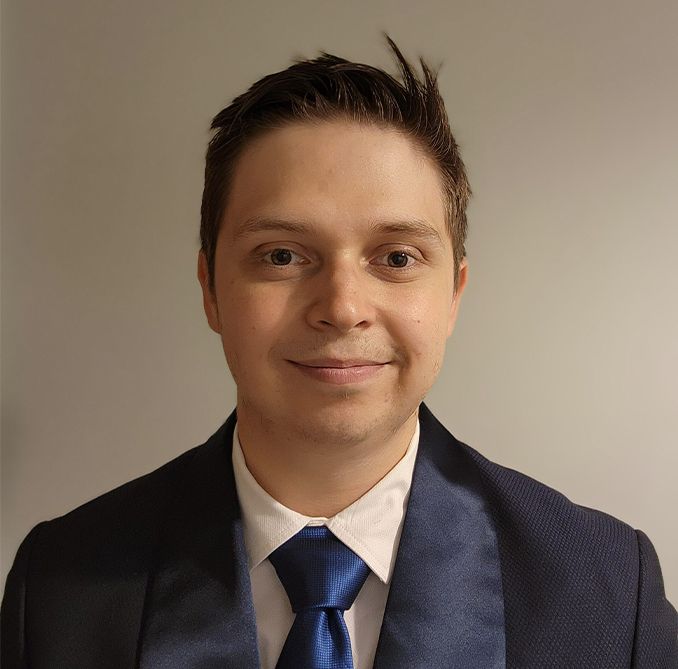
John Whitmer
Senior Research Advisor, LEVI
John Whitmer, Ed.D. is an education research and data science expert with over a decade of experience leading research and development using advanced algorithmic approaches. He collaborates with philanthropic sector leaders to create evidence frameworks and evaluate investments, with education technology organizations to implement leading-edge evidence approaches and algorithmic systems, and to implement data science techniques into agencies. Prior to this role, John led teams of data scientists, research scientists, and machine learning engineers in large educational assessment companies (ACTNext), edTech providers (Blackboard). Earlier in his career, he led large-scale efforts in academic technology deployments for the California State University and California Community College systems. John is a California convert and in his spare time enjoys cooking, mountain biking, and all things outdoors.
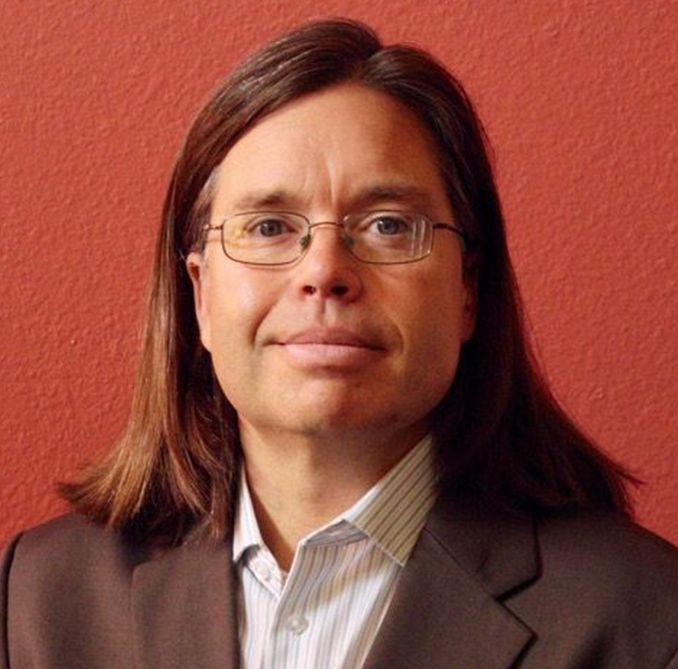
Staff

Founder, LEVI & President, Renaissance Philanthropy
Working both for President Obama and then Eric Schmidt, Kumar has been active in building out the field of learning engineering, which sits at the intersection of learning science and computer science. He previously shaped science and technology policy for the Obama Administration for nearly eight years, serving in a variety of roles in the White House Office of Science and Technology Policy (OSTP). Examples include (1) the Educate to Innovate campaign, with more than $1 billion in in-kind and philanthropic investment; (2) development of major State of the Union initiatives to train 100,000 excellent STEM teachers and bring computer science to all K–12 students; and (3) creation of iconic events such as the White House Science Fair. Prior to his time in government, Kumar worked on behalf of parents and children seeking educational reform as an education lawyer and advocate. Kumar received a BA from Dartmouth College and a law degree from Yale Law School.

Chief Technical & Innovation Officer, LEVI
Dan builds, directs, and funds large-scale social science R&D technologies and programs. He is the Chief Technical and Innovation Officer for the Learning Engineering Virtual Institute (LEVI), advisor to national education research and data consortia, and judge for the Learning Engineering Tools Competition. Dan previously founded and led the academic-industry partnership capacity at Infinite Campus, the education data management system for 10 million U.S. K-12 students, and led much of the development of the company’s machine-learned school dropout early warning system. He was a Fellow at Schmidt Futures and featured at the White House Education Datapalooza. Dan earned his M.S. in computer science from the University of Minnesota and his B.A. from Valparaiso University.

Program Director, LEVI
As Program Director for the Learning Engineering Virtual Institute (LEVI), Truman leads program implementation, including shepherding tens of millions of dollars in grant funding, tracking grantee impact, managing stakeholders (grantees, funders, partners), and building the community. Prior to LEVI, he managed education technology programs across school districts, including for 500,000+ K – 12 students at Los Angeles Unified districtwide. He gained social impact experience by working in nonprofit and philanthropic spaces across the US, Africa, and Latin America. Previously, Truman advised Fortune 500 companies as a strategic consultant; he managed complex operations for a $50B+ merger across 10,000+ employees, stood up a Fortune 100 center of excellence to standardize processes, and implemented a $25M cost reduction strategy across three continents. Truman received his MBA / MA Education from Stanford University and his BA from Georgetown University.

Program Scientist, LEVI
Ralph is a Program Scientist at the Learning Engineering Virtual Institute (LEVI), working on applying large language models (LLMs) and general AI and machine learning approaches (e.g., graph neural networks, embedding models, etc.) to support LEVI grantees in their efforts to improve middle school math education. Beyond LEVI, Ralph also acts as a technical advisor on several Learning Engineering initiatives, most prominently the design and execution of technical competitions in education. Ralph holds a D.Phil in Computer Science from the University of Oxford, specializing in graph representation learning (GRL). Before his D.Phil, Ralph completed an M.Sc in Computer Science at the University of Oxford, studying neural approaches for program synthesis, and a B.E. in Computer Engineering from the Lebanese American University.

Senior Research Advisor, LEVI
John Whitmer, Ed.D. is an education research and data science expert with over a decade of experience leading research and development using advanced algorithmic approaches. He collaborates with philanthropic sector leaders to create evidence frameworks and evaluate investments, with education technology organizations to implement leading-edge evidence approaches and algorithmic systems, and to implement data science techniques into agencies. Prior to this role, John led teams of data scientists, research scientists, and machine learning engineers in large educational assessment companies (ACTNext), edTech providers (Blackboard). Earlier in his career, he led large-scale efforts in academic technology deployments for the California State University and California Community College systems. John is a California convert and in his spare time enjoys cooking, mountain biking, and all things outdoors.
The Learning Agency is an operating partner of the Learning Engineering Virtual Institute.

CEO, The Learning Agency
Ulrich Boser is the founder of The Learning Agency (TLA). He has been an advisor to many universities, foundations, and companies. His research and writings have been influential, and his work has been featured everywhere from the front page of USA Today to The Tonight Show. Boser wrote a book on the science of learning titled Learn Better that was featured in many media outlets, including Wired, Slate, Vox, Fast Company, and The Atlantic. Amazon called it “the best science book of the year.” Earlier in his career, Boser worked as a contributing editor for the U.S. News and World Report and as a researcher for the newspaper Education Week. He graduated with honors from Dartmouth College

Managing Director, The Learning Agency
Meg Benner brings experience in strategy, program development, and policy to TLA and LEVI. Previously, she worked as a senior director at Leadership for Educational Equity where she oversaw a team that managed policy workshops and fellowships. She worked on Capitol Hill on education, disability, and labor policies for the House Committee on Education and the Workforce, Sen. Richard Blumenthal (D-CT), and Sen. Christopher Dodd (D-CT). She started her career teaching first- and second- grade in the Bronx. Meg received her undergraduate degree in American Studies from Georgetown University and a master’s degree of science in teaching from Pace University.

Program Director, The Learning Agency
Stephenie Johnson brings several years of experience in education policy and law, strategic operations, and people and project management to TLA and LEVI. Previously, she worked as a special education teacher, civil rights legal intern, senior policy analyst, and operations managing director. Prior to joining The Learning Agency, Stephenie worked for Teach For America Memphis, the Center for American Progress, and Third Way. Stephenie holds a J.D. and M.Ed from Boston College and a B.A. in Political Science from Rhodes College. Stephenie is a proud Memphian, board-game enthusiast, and Survivor superfan.
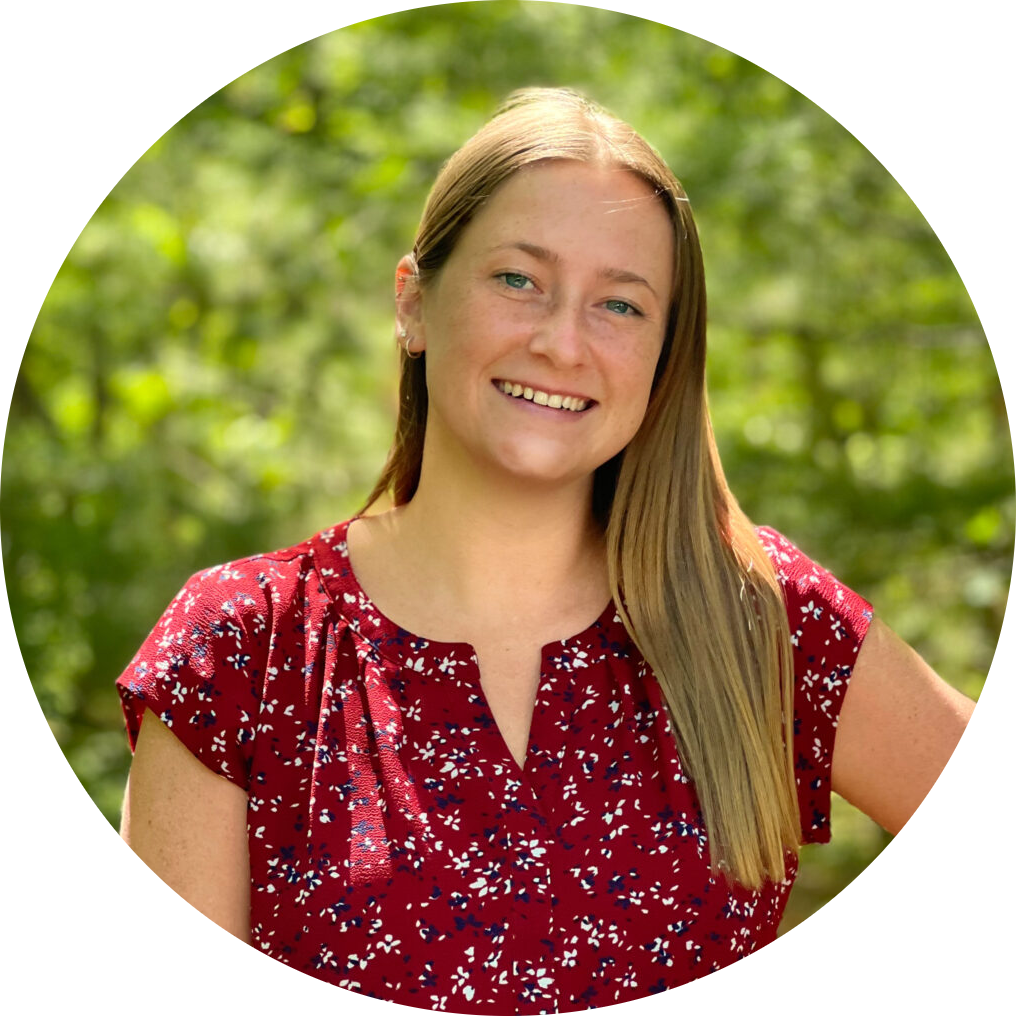
Program Manager, The Learning Agency
Kellen Buckley has a background in project management and development in the education nonprofit world that she brings to TLA and LEVI. She has worked with different education projects and organizations in the US, Spain, and Central America. Prior to joining The Learning Agency, she worked in fundraising and development for a nonprofit organization that improves access to education for students in Guatemala. Kellen received her BA in Global Studies and Spanish from Providence College.

Program Associate, The Learning Agency
Sam has a background in international education, higher education, and the nonprofit world that he brings to TLA and LEVI. Prior to joining The Learning Agency, he worked with various organizations to facilitate intercultural learning opportunities and promote cross-cultural understanding. He began his career teaching English and world history to primary school students in Costa Rica. Sam holds an M.A. in Spanish from Wichita State University and a B.A. in Global & International Studies and B.S. in Strategic Communication from the University of Kansas.